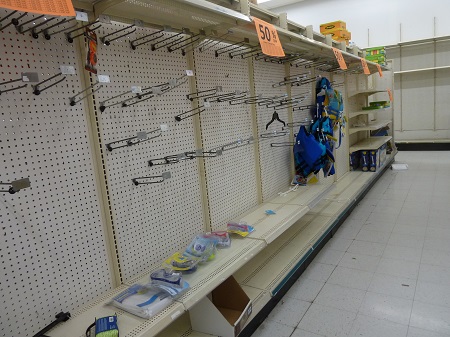Down to the Wire
 Down to the wire means the last instant.
Down to the wire means the last instant.
- People put everything off until the last minute.
- Or they near the end of a contest.
They have no more time.
This expression comes from horse racing.
Years ago, a wire marked the end of a horse race. When the race was close, the contest was down to the wire. No one knew the winner until the first horse reached the wire. That horse won by a nose.
People often work down to the wire to:
- Complete homework
- Finish a job
- Prepare for guests
People who like to work down to the wire:
- Almost always wait until the last minute
- Don’t mind close deadlines
- Work well under pressure
They usually:
- Put off
- Fly by the seat of their pants
- Get the job done, but not until they have to
People who hate to work down to the wire:
- Want to be on time or early
- Worry or get nervous when deadlines near
- Work poorly under pressure
They usually:
- Plan
- Go by the book
- Get the job done with plenty of time to spare.
I hate working down to the wire. What about you? Please comment below.
“My only aim is to finish the race and complete the task the Lord Jesus has given me—the task of testifying to the good news of God’s grace” (Acts 20:24 NIV).
Thanks to Brad Leverett for the suggestion. Photo courtesy of Pixabay.
Subscribe to receive my weekly posts by email and receive a free copy of “Words of Hope for Days that Hurt.”
If you enjoyed this post, please share it with your friends.
 Sharp as a razor means very sharp.
Sharp as a razor means very sharp. We do well if we think before we speak.
We do well if we think before we speak.  A whippersnapper usually means a young or small person.
A whippersnapper usually means a young or small person.  At the end of the day means our final conclusion.
At the end of the day means our final conclusion. Many stores open early and close late on sale days. Early shoppers find several choices. Those who shop later in the day find slim pickings.
Many stores open early and close late on sale days. Early shoppers find several choices. Those who shop later in the day find slim pickings. Deck the Halls is a traditional Christmas and New Year’s song.
Deck the Halls is a traditional Christmas and New Year’s song.
 Patience is not my greatest strength. Most of the time, I want everything done immediately, if not sooner. I want it done now, but I wish it were already done.
Patience is not my greatest strength. Most of the time, I want everything done immediately, if not sooner. I want it done now, but I wish it were already done. Many children love to play in mud. Some animals roll in mud. However, no one wants to hear his name is mud.
Many children love to play in mud. Some animals roll in mud. However, no one wants to hear his name is mud.